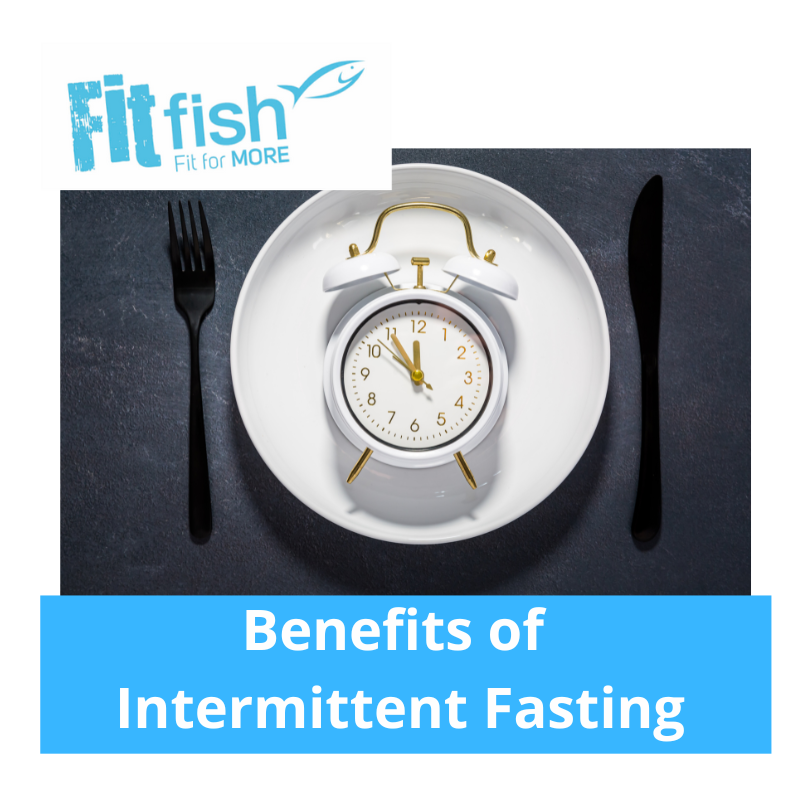Benefits of Intermittent Fasting

Are you a breakfast lover or a breakfast skipper?
One of my clients said to me recently “it used to be known as skipping breakfast and now it’s known as intermittent fasting!”
Intermittent fasting has gathered significant interest and discussion lately. You may have seen the late (so sad to follow this news) Michael Mosely’s programme or read his book. It involves alternating between periods of eating and fasting.
You’ve likely heard of popular intermittent fasting formats such as 5:2, 16:8, or eat-stop-eat, each offering unique approaches to incorporating fasting into one’s lifestyle.
While intermittent fasting holds proven health benefits, it’s essential to approach it mindfully and consider whether it aligns with your current relationship with food.
I would only advise you to explore intermittent fasting if you feel liberated from restrictive dieting mentalities and can maintain a balanced approach to nutrition. You may also want to consider if this method is something you can keep up for life, and whether it’s worth building a habit around something temporary.
The potential benefits of intermittent fasting are vast and compelling. Emerging research suggests that intermittent fasting may contribute to:
1. Improved Blood Sugar Levels: Intermittent fasting has been associated with better blood sugar control, potentially reducing the risk of insulin resistance and type 2 diabetes.
2. Reduced Inflammation: By reducing cellular inflammation, intermittent fasting may help alleviate symptoms associated with chronic inflammatory conditions and promote overall health.
3. Enhanced Cellular Repair: Fasting periods activate the process that facilitates the removal of damaged cells and promotes cellular renewal and repair.
4. Weight Management: While not solely focused on weight loss, intermittent fasting may aid in weight management by promoting fat loss, particularly visceral fat, which is linked to various health risks.
5. Cognitive Function: Some studies suggest that intermittent fasting may support cognitive function and brain health, potentially reducing the risk of age-related cognitive decline and neurodegenerative diseases.
6. Longevity: Early evidence suggests that intermittent fasting may promote longevity by activating cellular repair mechanisms and reducing oxidative stress.
These potential benefits underscore the significance of exploring intermittent fasting as a holistic approach to health and well-being. However, it’s important to remember that individual experiences with intermittent fasting may vary, and what works for one person may not work for another.
From personal experience, I’ve found that certain intermittent fasting methods may be more compatible with my lifestyle and preferences. For example, while the 5:2 approach posed challenges for me due to thinking about food too much, the 16:8 method proves to fit in with family life and I do it when I can.
I hope that this information has been helpful for you in deciding whether it could be right for you. If you feel like you still have underlying issues with food then I encourage you to get these sorted before you explore it further. You might find the Healthy, Whole & Free Course helpful in this way.
Comments
Add comment